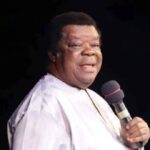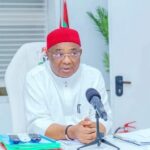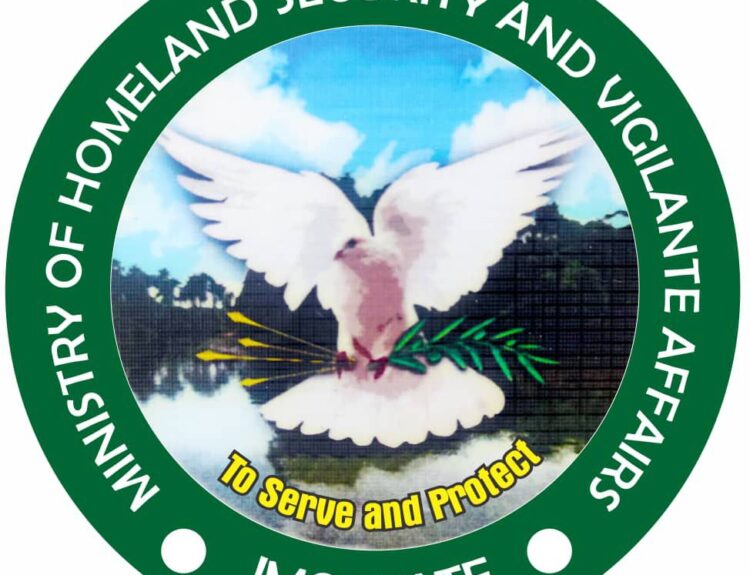The judiciary is constitutionally recognized as the third arm of government after the executive and legislature. Its primary constitutional responsibility is to interpret the actions and laws taken or made by the executive or legislative arms, respectively.
In any democracy all over the world, the judiciary plays invaluable roles and is regarded as the last hope of the common man. If the judiciary fails in its constitutional responsibility of ensuring an orderly society where justice reigns supreme, what follows is a descent to anarchy. Where anarchy reigns, human lives will become nasty, brutish, and poor,according to Thomas Hobbes.
This situation underscores the importance of the judiciary in a democratic milieu. If the executive and legislature can afford to be reckless, certainly, the judiciary cannot because it is the bastion of freedom,equity, and justice as well as the bulwark of democracy.
Under democratic rule, any attack on the judiciary is viewed with serious disdain and as an attack on the people – the very essence of democracy. The judiciary serves as the cornerstone of democracy and is globally regarded as “a government of the people, by the people and for the people.”
Considering the imperatives of the judiciary in our national polity and constitutional governance in Nigeria, it has become rather worrisome to note the avalanche of negative reportage about Nigeria’s judiciary. The judiciary, deducing from these reports, is giving Nigerians cause to palpitate.
For example, some judges are known to have given reckless injunctions and granted embarrassing orders, which tend to query the very essence of the judiciary and also cast scepticism on the impartiality of the members of the bench. Certain judicial pronouncements and actions had often left most Nigerians perplexed instead of providing the much needed panacea to litigations in concomitance with the principle of fairness and justice.
A major worrisome scenario is the Supreme Court’s non-chalance to hearing a constitutional matter before it – on whether or not a Nigerian President has the powers to remove a democratically elected governor of a State under the 1999 constitution(as amended).
V The suit was filed by governors of the Peoples Democratic Party (PDP) challenging President Bola Tinubu’s declaration of a State of Emergency on Rivers State which removed Governor Simi Fubara from office and paving the way for the appointment of a Sole Administrator to govern the State for six months.
Six months have elapsed,and Governor Fubara has been reinstated back to office,yet the apex court has not deemed it necessary to list this constitutional matter, not to talk of hearing it.
Nigerian Horn is piqued at such development as it gives room for a lot of negative insinuations. Such lackadaisical approach to judicial matters erodes the confidence of the people in the judiciary.
The worst thing that happened to democracy and the people is a compromised or ineffective judicial system. If the judiciary is a lame dock or has been induced into serving personal interests instead of dispensing justice without fear or favour and without minding whose ox is gored, it simply means that a Hobbesian state is inevitable.
Nigerian Horn prays that the Nigerian judicial system does not allow Nigeria to descend to such a Hobbesian state. No Nigerian wishes to live in a society where there is little or no regard for constitutional order.
The time for the judiciary to reappraise and correct itself is now for “a stitch in time saves nine.”




